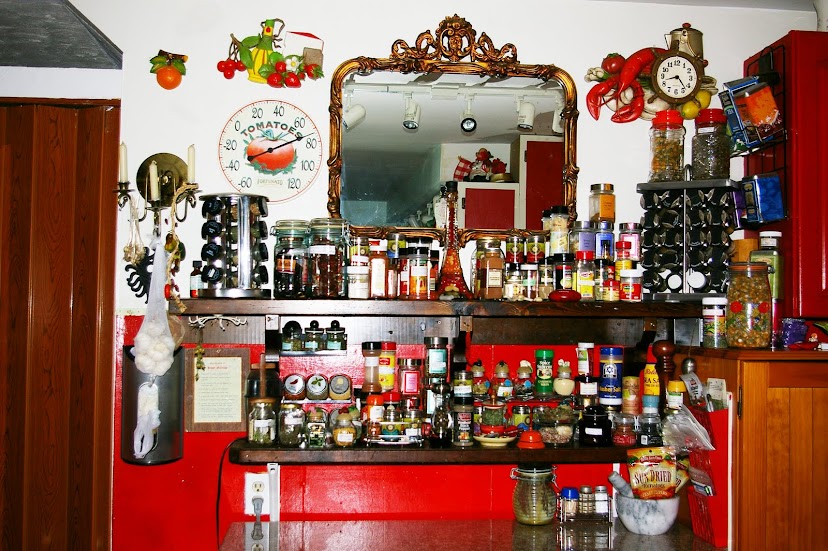Did you know some studies suggest that, in some areas, drinking tap water during pregnancy is associated with miscarriage, birth defects, and lower birth weight? Christina Chambers, Ph.D., MPH, associate professor of pediatrics at the University of California, San Diego, and director of the California Teratogen Information Service in San Diego, an epidemologist, says the research doesn't clearly show that tap water, in general, causes these problems.
This has been a hard issue to get a handle on. (And there's also no good data to show that bottled water is safer.)
Of course, if you know there are contaminants in your drinking water that exceed the legal safety limits, you won't want to drink it, pregnant or not. But we probably don't have enough information to conclude that tap water that meets current water-quality standards in the United States is unsafe during pregnancy.
Also, tap water, unlike bottled water, contains fluoride. Fluoride is essential for keeping your teeth healthy and preventing cavities, and you need it even more when you're pregnant. The increased blood flow to all your tissues, including the gums, makes you especially susceptible to dental decay and tooth problems during pregnancy.
This has been a hard issue to get a handle on. (And there's also no good data to show that bottled water is safer.)
Of course, if you know there are contaminants in your drinking water that exceed the legal safety limits, you won't want to drink it, pregnant or not. But we probably don't have enough information to conclude that tap water that meets current water-quality standards in the United States is unsafe during pregnancy.
Cornelia Graves , a medical director of Tennessee Maternal Fetal Medicine and a consultant at Baptist Hospital in Nashville and an Ob-gyn says, most tap water is regulated by the government, so worrisome chemicals like arsenic are present only in trace amounts. This is not true for all bottled water, which has very few regulations.

No comments:
Post a Comment